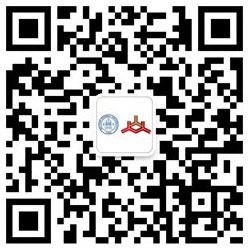内容简介:
本研究采用本质性个案研究的研究方法,以非政府组织(NGO)Z参与汶川地震极重灾区幸福村灾后重建的项目为个案,通过“过程——事件”分析的方法,呈现了村民与外来的NGO组织间信任关系的嬗变过程,并在此基础上对NGO在开展项目过程中的过多干预做出反思。研究发现:首先,NGO与受灾村民之间建立信任容易,维持难。其次,信任关系是动态发展的,并围绕着利益进行。此外,村民即使对NGO开展的项目抱有较强的不信任感,但是对NGO组织本身以及在村内开展项目的项目官员还是持比较正面的评价,认为NGO组织本身以及组织内的人还是值得信任的,他们更多地是“好心办了坏事”。
With the study of a development project run by a NGO which named Z in the severest disaster area, this study explored the process of how the trust relationship between the NGO and the peasants evolved and also, reflected on the NGO’s intervention during they operating a project. This study is carried out by the intrinsic case study. It has nosed out some interesting facts: Firstly, to build a trust relationship is easy but to maintain the relationship is hard. Secondly, the trust relationship is dynamic actually, and the process revolved around the benefits. Besides, No matter how the residents did not trust the project run by the NGO, they always thought that the NGO itself and the Project Officer are trustworthy. It is said that "The NGO and the Project Officer, wishing only to do good, but often cannot help doing harm."




